In this article, you’ll find information about what you can expect on TOEFL iBT’s new (shorter!) test, beginning July 27, 2023. Also, I share some tips about what to expect on the new activity called “Academic Discussion” on TOEFL iBT Writing.
Catch up on my first announcement
In the video below, you can watch a replay video of my first Facebook Live where I introduced the general changes…
What's the "Academic Discussion"?
I want to say first that because of my class schedule for teaching, I have not yet had a chance to explore the links in detail below.
We should wait until April 11 to get confirmation that the “Academic Discussion” on TOEFL iBT Writing will be the same as the “Academic Discussion” that they’ve been using for the past 5 years on the TOEFL Essentials Test…
… But it seems very reasonable that ETS would use the same activity. Why?
- ETS has 5 years of experience administering the “Academic Discussion” on the TOEFL Essentials Test in July 2019
- ETS must have gathered a database of eRater scores from the last 5 years
- ETS must have created an archive of activities
Instead of with “Independent Essay” where you are overwhelmed by the options to write about anything, and where the style of writing is also very unclear (Is your example a personal story about your childhood? Is your example about something from the news?), the Academic Discussion focuses you and gives you more structure and examples. The video below gives an example.
Basically, you are writing a “post” — like a comment on social media or the kind of private website discussion boards which many online schools have nowadays. The “Academic Discussion” checks your ability to participate in the kind of written, digital discussions which are common in many online classes (and also in many businesses) nowadays.
By watching the video below (and clicking “full screen” so the small text is big enough to read), you can see ETS’s official explanation for what happens in an “Academic Discussion” (All information in this video is Copyright (c) 2021 by ETS.)
It’s kind of weird to me that they include a grammatical error in the sentence the fake test-taker is writing on screen. Don’t memorize that mistake! 😉
Summary of key points from the video:
- You read a question or “prompt” from the professor.
- You read responses from other students that get your “creative juices” flowing. In the example above, Karen is against advertising, and Brad is for advertising. This helps you focus on the task and understand it “the right way” so it’s easier for you write about the correct topic.
- You have 10 minutes to write your post.
- You can see your word count.
- An effective response will contain at least 100 words.
How to Get Early Access to "Academic Discussion" Practice
Again, we should wait until April 11 when ETS publishes their official press release to make any choices, but if I had to guess…
The most efficient and easiest thing is for them to recycle the same activity from the Essentials Test on the iBT Test.
If I’m correct with my guess 
However, in this case, you must carefully ignore advice for the rest of the TOEFL Essentials Test (and skip the first few activities in that Writing test) and only focus on the advice for the “Academic Discussion.”
Here are some sources of practice for TOEFL Essentials Test:
